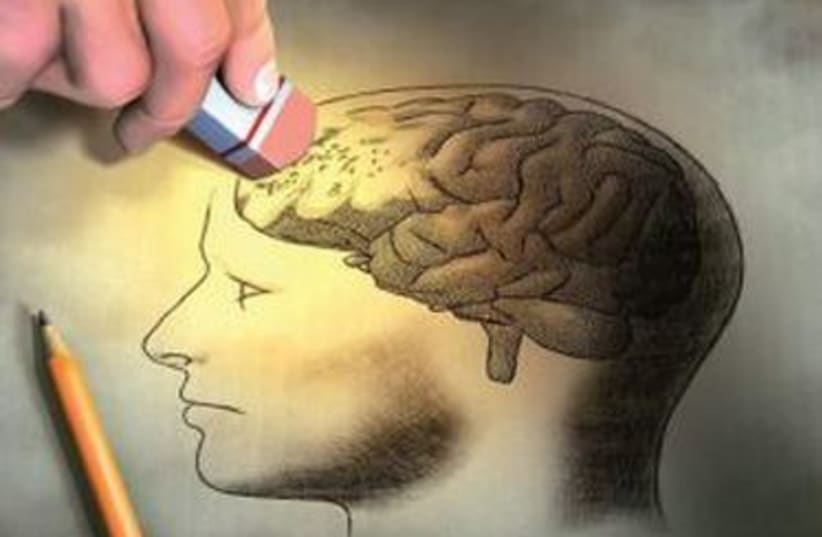Popular artificial intelligence-powered chatbot ChatGPT may have another use aside from answering questions and writing stories based on prompts: According to a recent study, it may also prove useful in detecting early signs of Alzheimer's disease.
The study was led by researchers from Drexel University and analyzes how the unique capabilities of the ChatGPT AI chatbot - to answer prompts with quick, articulate and humanlike responses - could help predict the early stages of dementia.
The findings of this study were published in the peer-reviewed academic journal PLOS Digital Health.
Alzheimer's disease and language impairment
Alzheimer's disease is an incurable neurodegenerative disorder that can lead to a deterioration of cognitive function; in other words, it chips away at the brain's ability to process thought.
The condition is extremely prevalent and lacks any cure. However, there are measures that can be taken to improve the quality of life for as long as possible in people suffering from types of dementia.


However, in order to do that, we need to better figure out ways of diagnosing Alzheimer's as early as possible.
One of the most important biomarkers of Alzheimer's disease is language impairment.
This has been noted in numerous studies in the past, with extensive analysis of both linguistic and acoustic features being used to classify dementia.
This, however, is problematic, because the more abstract forms of speech often aren't noticed when analyzing the data.
But perhaps there is a way to fix this through the use of AI.
ChatGPT: The AI chatbot that can use language like a human
Released to the public as a free prototype, OpenAI's ChatGPT AI chatbot has seen widespread use worldwide.
In particular, the AI chatbot has been praised for its detailed, articulate and humanlike responses to prompts and queries.
Already, ChatGPT has proven it can be used for a variety of tasks, ranging from writing stories to coding websites to answering questions.
However, could it possibly be used to diagnose the early stages of Alzheimer's? That is what this study sought to answer.
Part of what makes the ChatGPT AI chatbot so effective is its deep learning algorithm that focuses on how language is constructed and how words are used. It is because of this that its responses are so humanlike.
This also allows it to fill in the gaps of information, including data not present in the prompts while answering them. This is known as "zero-data learning."
So with that in mind, the researchers, led by Felix Agbavor, wanted to know if they could use this to better analyze speech patterns, which in turn could help identify markers of Alzheimer's.
Testing the limits of ChatGTP
To test it, the researchers were armed with transcripts to help test GPT-3, which is the AI behind ChatGPT, and its ability to predict dementia, focusing on word-use characteristics, sentence structure and meaning.
This allowed them to create what was effectively an Alzheimer's testing machine, and the program was then run to test dozens of transcripts to see if they were written by someone developing Alzheimer's.
They also ran two other natural language processing (NLP) programs alongside this to see which performed better.
Overall, ChatGPT's AI GPT-3 was considerably more effective, accurately identifying Alzheimer's and non-Azlheimers cases and having fewer misses.
To further test this, the researchers used the analysis to predict the severity of dementia through the use of a common test known as the Mini-Mental State Exam (MMSE).
The result was that promising.
It is unclear if this is a proper way of screening for Alzheimer's. However, the results do show that AI like ChatGPT do have the potential to eventually be used as a way of doing simple and accessible early screening and risk assessment.
Notably, this study isn't the first time ChatGPT was praised for its potential applications in this sort of field.
Shortly after its release, some journalists had noted the potential for the ChatGPT AI chatbot to be used as a personal therapist. While not the same as screening for Alzheimer's, it does note the AI's ability to carefully analyze one's words.
